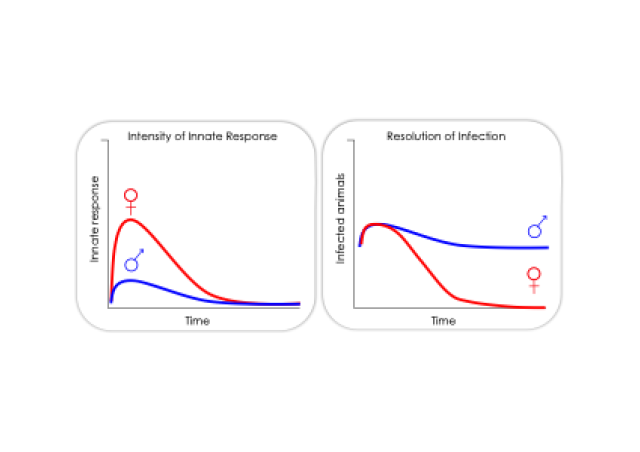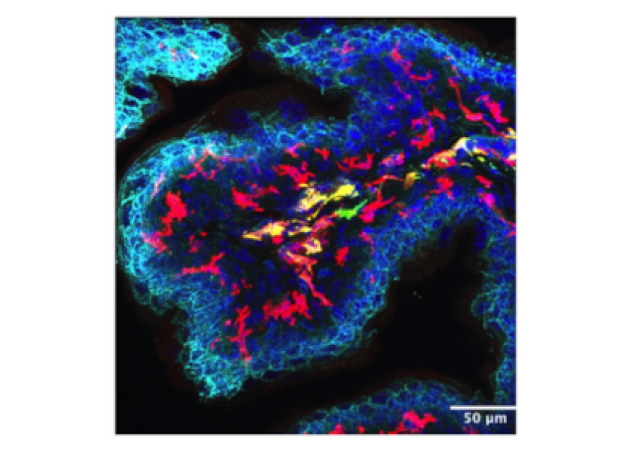Project members

Project
Innate responses to UTI can promote or suppress adaptive immunity, leading to variable protection against a second UTI. During UTI, T cell-mediated immune memory provides nonsterilizing protection against a second UTI. Surprisingly, memory can be improved by depletion of bladder-resident macrophages prior to primary infection. In partnership with the LabEx Milieu Intérieur (MI) at Institut Pasteur and the i-Share cohort at Univ. de Nice-Sophia Antipolis, our goal is to identify inflammatory pathways impacting susceptibility to recurrent UTI in women to stratify at-risk patients for targeted therapy. By analyzing induced inflammatory pathways, we are identifying variance in the innate response through analysis of whole blood-stimulated samples, SNP genotyping, and gut, vaginal, and urine microbiome analysis in women with a history of a single infection or recurrent UTI (rUTI). The signature will be tested in mice to dissect the mechanisms and validate their relevance for protection in vivo.
In one such study, we are dissecting specific T cell responses induced by acute UTI, the type of immunity induced, and the memory T cells that develop after a first UTI, as well as inhibitory factors negatively impacting memory and thus, promoting rUTI. This fundamental knowledge will be used to experimentally manipulate T cell responses, including evaluating whether existing/approved immunotherapies used in bladder cancer improve adaptive immunity to rUTI. Our understanding of T cell responses will also be used to design and evaluate vaccine candidates against UTI, developed with UT Dallas. Approaches that show promise have potential to be translated to the clinic and will add to fundamental understanding of T cell responses and immune memory during UTI, paving the way for development of non-antibiotic-based therapies critically needed against the rise of multidrug resistant uropathogens.








